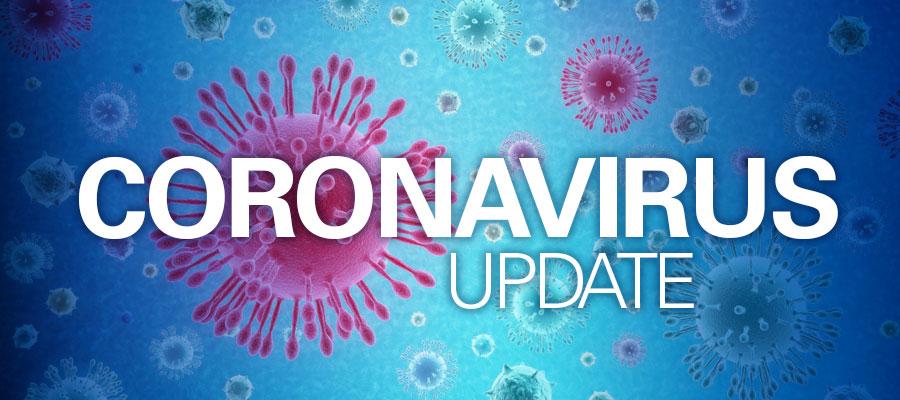ASPR pauses distribution of bamlanivimab and etesevimab in Illinois due to variant

Illinois health care providers may no longer order the monoclonal antibodies bamlanivimab and etesevimab until further notice due to rising prevalence in Illinois of the SARS-CoV-2 P.1 variant, which is not susceptible to the combination therapy, the Office of the Assistant Secretary for Preparedness and Response announced Friday.
The Food and Drug Administration recommends Illinois providers use the alternative monoclonal antibody therapy REGEN-COV, which is likely to remain active against the variant, ASPR said. The announcement does not affect other states, but providers should monitor the frequency of the P.1 variant in their region and review the fact sheets for each authorized monoclonal antibody therapy for details regarding specific variants and resistance, ASPR said.

